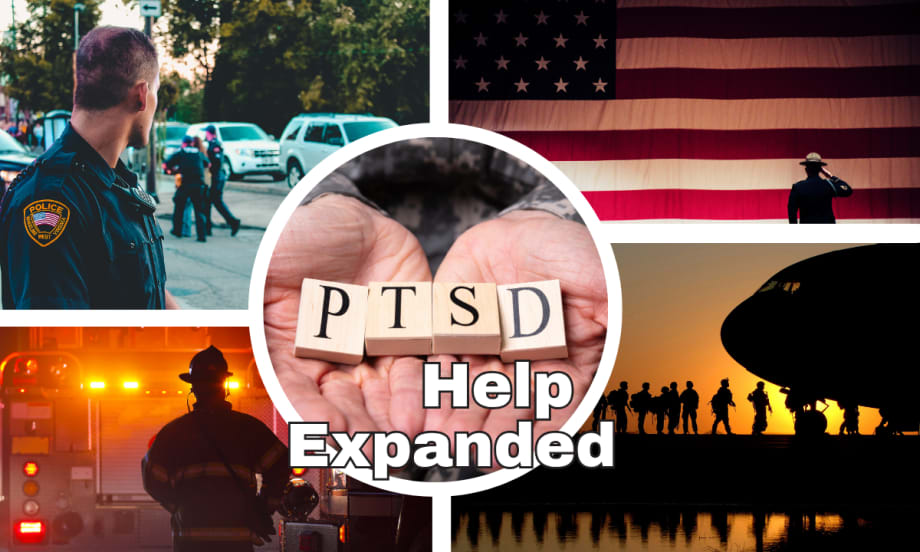TTM, PTP Inc. (Post Tour Processing), a registered 501(c)(3) non-profit organization, announced that its pioneering peer-support program for first responders will expand to include U.S. veterans, effective from Veterans Day 2025 forward.
PTP offers a first-of-its-kind mental health support program in New York for first responders, including police, fire, and ambulance personnel.
Police officers often witness more traumatic incidents in a single day than most civilians experience in a lifetime. PTP said these cumulative exposures can lead to serious mental health issues, including post-traumatic stress disorder (PTSD).
Many officers do not seek help, fearing loss of their weapon or professional stigma, leaving trauma untreated. Without intervention, this can result in strained relationships, alcoholism, suicidal thoughts, suicide, and unintentional overreactions in high-pressure situations on duty.
Talk To Me Post Tour
PTP, also known as Talk To Me Post Tour (TTMPT), operates immediately after a first responder’s shift ends (and sometimes during if needed).
PTP launched in February 2023 and is run by law enforcement professionals. It has since supported first responders from police, fire, and ambulance services in New York, and the NYPD DEA currently makes this available to their 18,000 active and retired members. PTP has provided services to approximately 80 departments across the US and has the approval of the police force.
Camaraderie, anonymity, confidentiality, and peer support are the key components of PTP. The initiative helps recognize and reduce PTSD among first responders by providing a safe, accessible space to “process” the often-traumatic experiences of the job. PTP facilitators are active and retired police officers who volunteer their time and have received specialized training from PTP.
Team of Mental Health Clinicians
In addition, PTP refers more severe cases to their experienced team of mental health clinicians, all trained in trauma, who provide professional psychological support, including EMDR, CBT, and other methods, to those in need.
“Many veterans transition into civilian life or into the police force, whilst still struggling from their military service,” said New York’s renowned TV psychologist, Dr Jean Cirillo, a clinical and forensic psychologist at PTP. “We want every veteran to know they are not alone. Help is here from people who understand what it’s like to carry that kind of weight and from peers who’ve suffered from PTSD too.”
“We have been quietly treating some veterans in our BETA phase successfully, and today we are proud to officially announce an expansion of our services to include all veterans. Trauma does not end when the military service ends. It requires understanding, connection, and structured support using proven psychological intervention,” he added. “By opening our doors to veterans, we’re extending the same confidential, peer-based support that has helped countless police officers, ambulance personnel, and firefighters process trauma and rebuild resilience for their own wellbeing and for the safety of the public.”
For more information and to contact PTP for help anonymously, visit its website.












